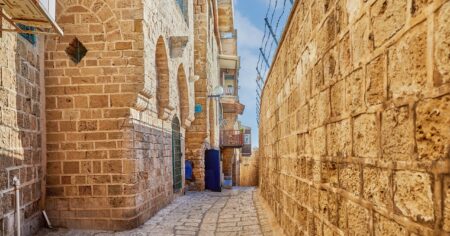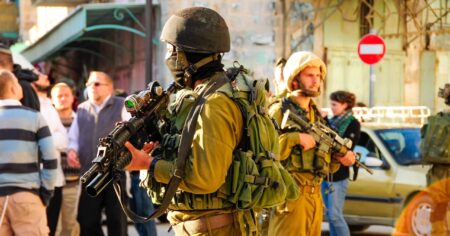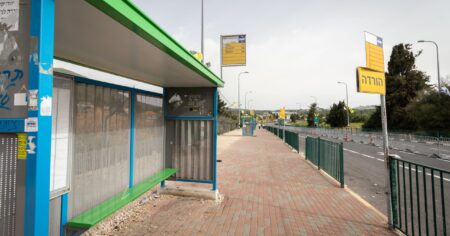Israel’s Foreign Ministry launched a social media campaign this month to convince the Palestinian leadership to stop honoring deceased terrorists, a practice that makes genuine peace nearly impossible to achieve.
The focal point of the campaign was the Palestinian Authority’s decision to erect a monument to Abu Sukar (Ahmed Jabara) who in 1975 detonated a refrigerator bomb in Jerusalem’s Zion Square killing 15 Israelis and wounding another 77.
American-born Foreign Ministry Director Dore Gold actually witnessed that attack as a young student in Jerusalem.
“Suddenly I heard a huge explosion. I turned around and saw bodies everywhere,” Gold recalls in a video clip accompanying the social media posts.
Gold goes on to note that for a viable peace agreement to be reached, the Palestinians must start honoring their decades-old obligation to educate their population for coexistence, and stop glorifying those who only sought destruction.
“We’re not going to be able to get very far in negotiations, because negotiation requires a culture of peace, not a culture of death,” he tells the Palestinians, and all those involved in the Middle East peace process.
But most believe it is wishful thinking to even entertain the notion that the Palestinian leadership will end its incitement against Israel.
After all, it was the PLO, which is today headed by Palestinian Authority President Mahmoud Abbas, that claimed credit for the Zion Square bombing.
Abu Sukar was captured following the attack and sentenced to life in prison, but was released in 2003 as part of a goodwill gesture toward Abbas’ predecessor and mentor, Yasser Arafat.
After his release, Abu Sukar wasted no time encouraging Palestinians to kidnap Israelis. But that didn’t stop him from being appointed to a government position in the Palestinian Authority.
Originally posted at Israel Today Magazine.



